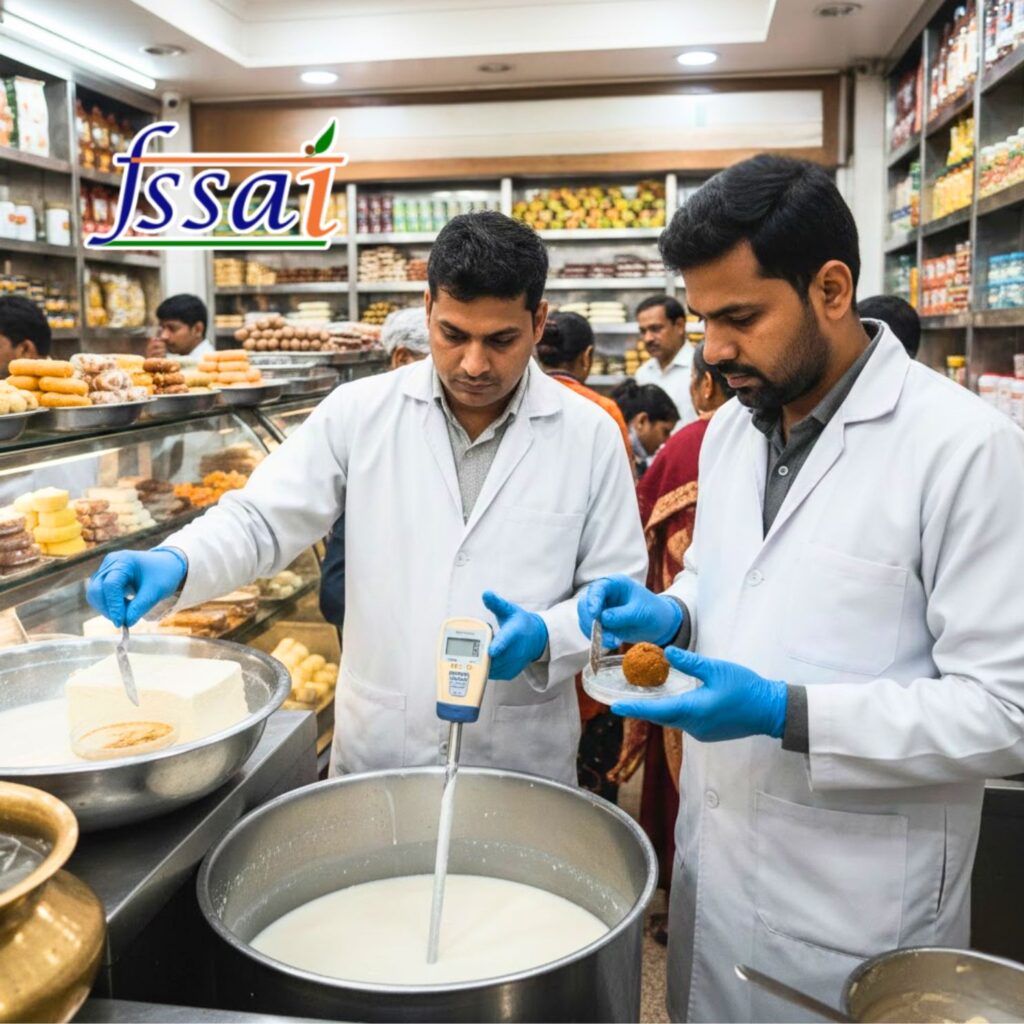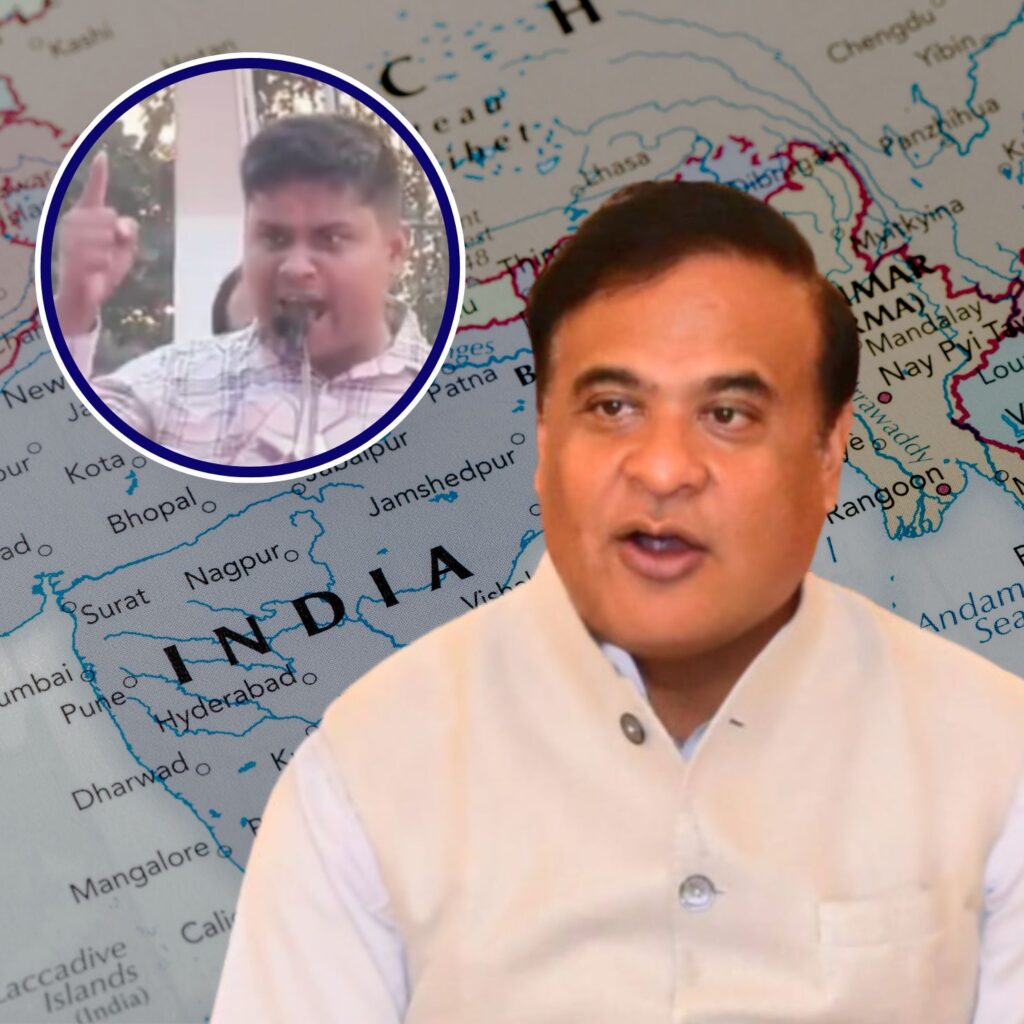When Dr S S Santhosh Kumar reached Kasargod at the northern edge of Kerala on April 5, the situation there was precarious. Already declared a Red Zone with the largest congregation of COVID-19 positive cases in the state, the district that shares a border with the South Canara region of Karnataka had looked almost like a ghost town with little or no hope of resilience.
Karnataka’s decision to deny road access even for non-COVID medical emergency cases from Kasargod to hospitals in nearby metropolis Mangalore had already caused 13 deaths. Tension and anxiety were widely prevalent as some expatriates from the district who just returned from the COVID-19 hubs of the Persian Gulf countries had violated the quarantine and caused the spread of the pandemic. Uncertainty was looming large everywhere. The 115-bed district hospital had run out of capacity following a sudden surge in the number of COVID-19 cases.
Dr Santosh Kumar, Deputy Superintendent of Government Medical College Hospital in Thiruvananthapuram and Vice President of South Asian chapter of the medical humanitarian organisation, Doctors Without Borders (DWB), was leading a 26 member medical expert team to Kasargod with a unique mission: Turning the academic block of a new medical college under construction at Badiyadukka on the outskirts of Kasargod into a comprehensive COVID-19 treatment hospital.
‘Although my team is experienced in setting up a corona care block at Thiruvananthapuram Medical College Hospital, turning an academic block under construction with classrooms, exam halls and laboratories into a special ward was quite challenging. We had very limited resources and very little time to complete the task. We had no option other than collecting used furniture from the neighbourhood, and for rearranging the block, we had to use ribbons,” recalled Santhosh in an exclusive interaction with The Logical Indian.
Corona-care wards require many things unique to them and they include single entry-exit, facilities for biomedical waste management, sorting area and buffer zone. The floor, wall, and beds had to be disinfected every four hours.
‘In a single day, a buffer zone was created using steel cots placed vertically to segregate the rooms of COVID-19 patients from others. The COVID-19 ward started functioning by the evening of April 6. On the first day, six positive people were admitted. The number of patients rose to around 19 at one point. We returned with the satisfaction that Kasargod is no more the COVID-19 hub of Kerala. Coronavirus did not cause any deaths in Kasargod though 13.
people died due to the denial of a medical emergency by Karnataka,” he said. Other than treatment, the team had ensured two things to the people on quarantine: Proper mobile connectivity along with quality food on time.
Part of medical humanitarian efforts in the past in middle east, Africa, and in neighbouring countries of Afghanistan, Sri Lanka, Pakistan, Santhosh Kumar has a track record in arranging medical infrastructure in short duration. This was the first time this orthopaedic surgeon was using that skill in his native state.
‘Kasargod has now turned into a global model in fighting virus pandemics. The district administration and the district medical unit which left no stone unturned in the fight against coronavirus deserve the credit,’ said Dr Santhosh Kumar.
A district with 178 positive cases in mid-April, Kasargod heaved a major sigh of relief on May 10 when the last case had tested negative. Even the union health ministry has lauded the health workers who made it possible. But the district continues to remain vigilant as people start reaching Kasargod from abroad and other parts of the state.
On May 10, violating all rules, a 50-year-old political activist, who happens to be an elected member of a local body and his 35-year-old wife clandestinely picked up a relative who arrived at state border Thalappady from Mumbai and dropped him at his home in their car. This has landed many people in Kasargod under the COVID-19 radar.
Now tested positive for the pandemic, the CPI (M) leader and his wife are facing police action for withholding information that they had come in contact with a high-risk person from Mumbai and exposing many others to the virus. They have also been charged for violating quarantine rules stipulated under the Epidemic Diseases Act.
Along with the couple, their two sons aged 11 and 8 years have also tested positive for the pandemic. After picking and dropping home the relative who arrived without any travel permit, the politician had brought a cancer patient to the district hospital. At the hospital, he visited the lab and cancer ward apart from meeting a nurse, and two ENT specialists. He had also attended a wedding, a funeral, and a cradle ceremony before the relative was tested positive. Now 50 people who came into contact with the couple during these days are in quarantine and their samples have been taken for testing.
‘This incident has turned into …












